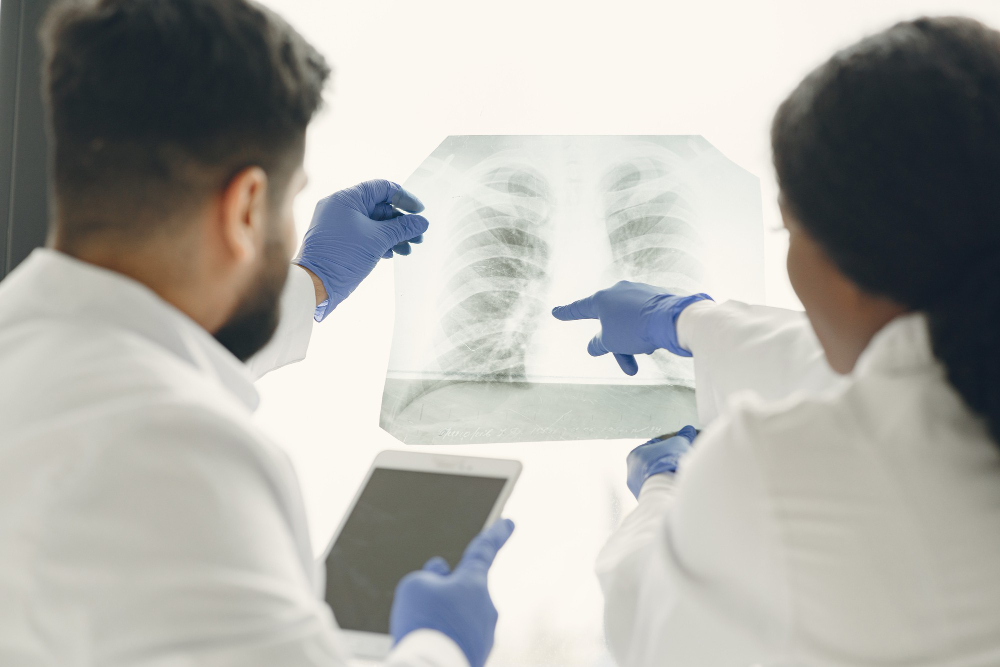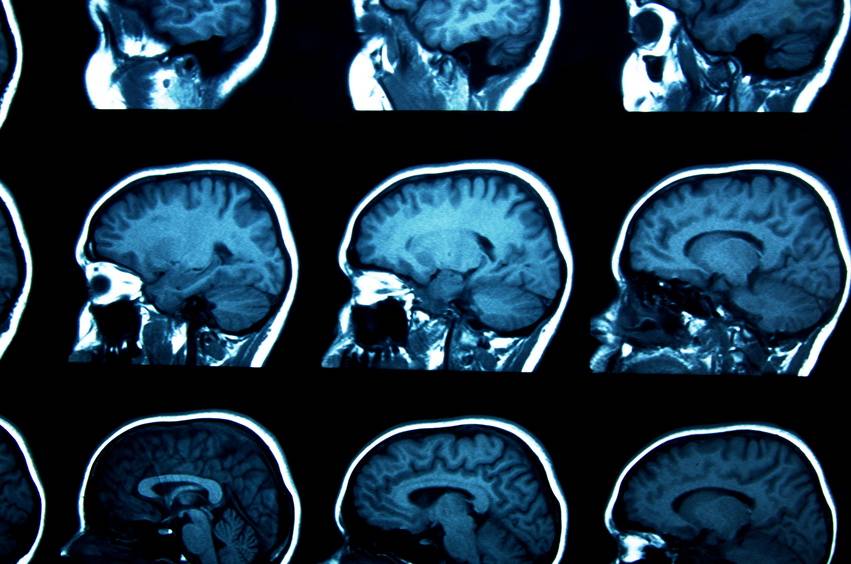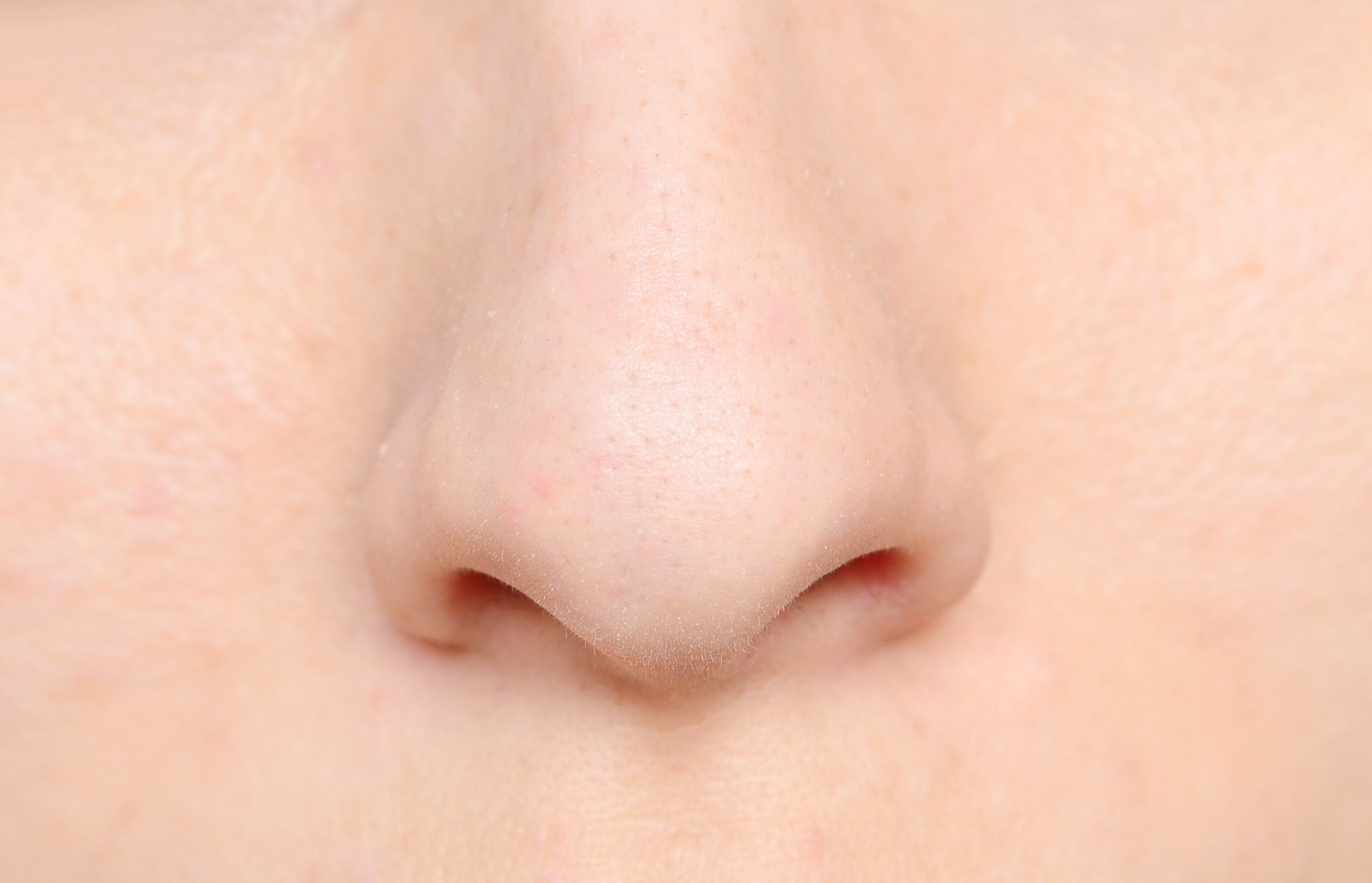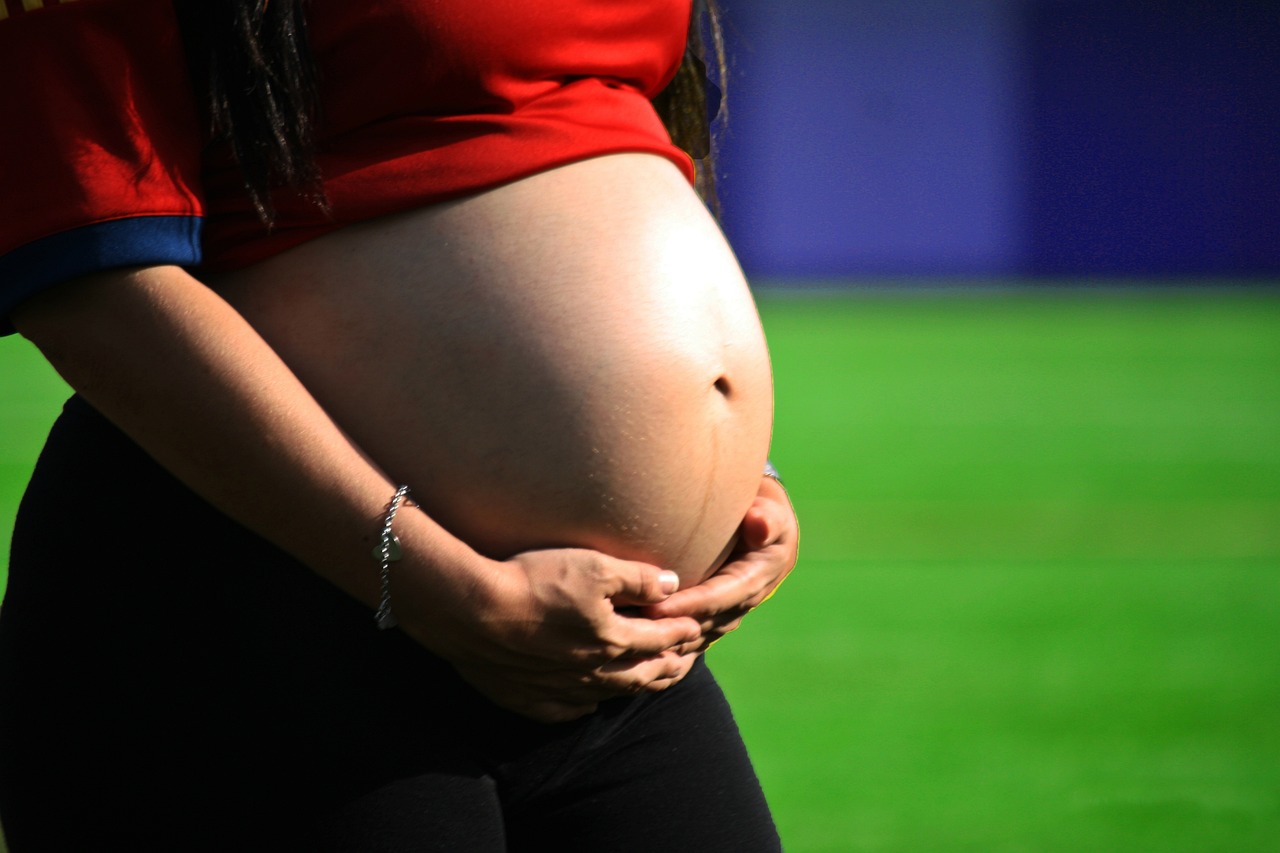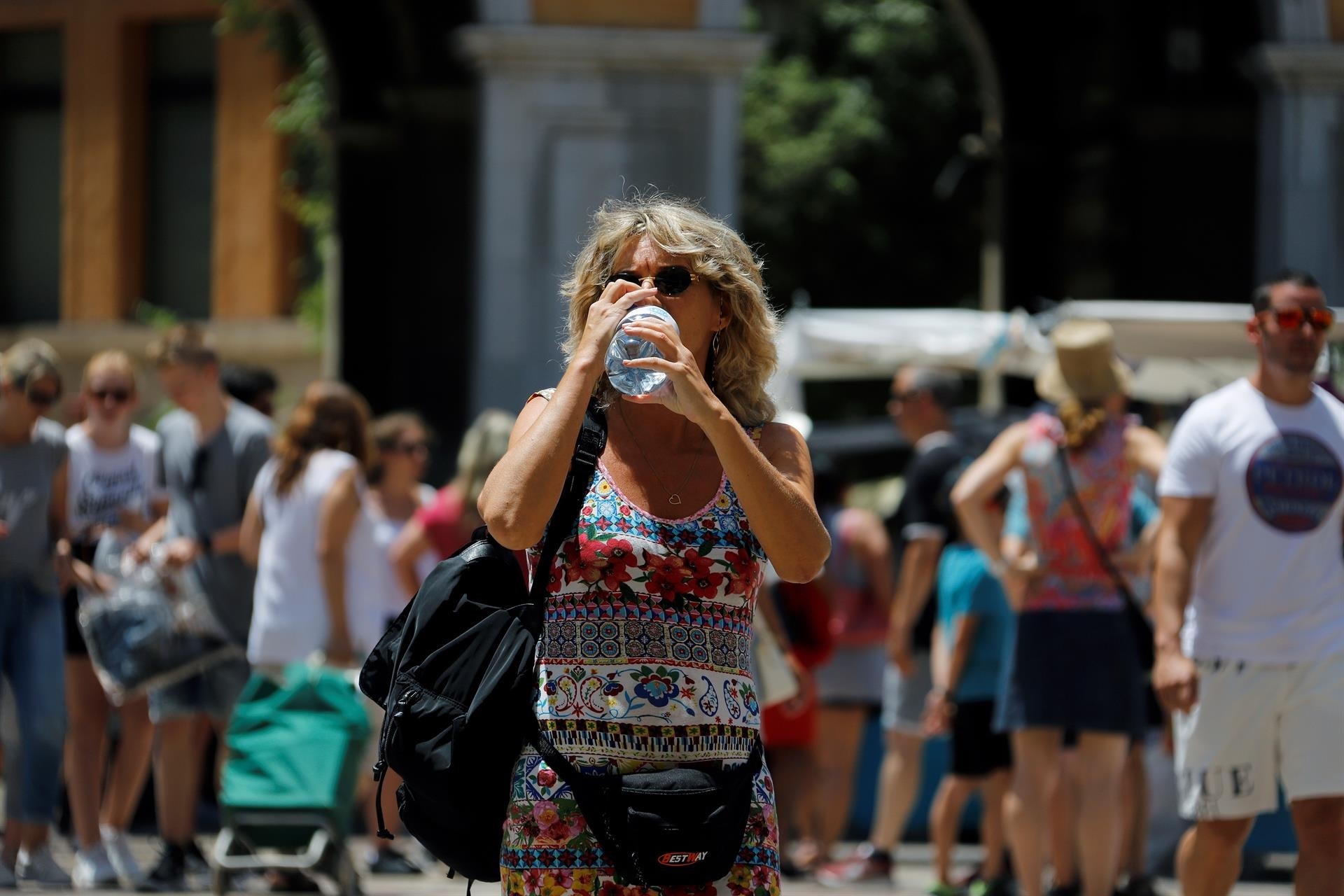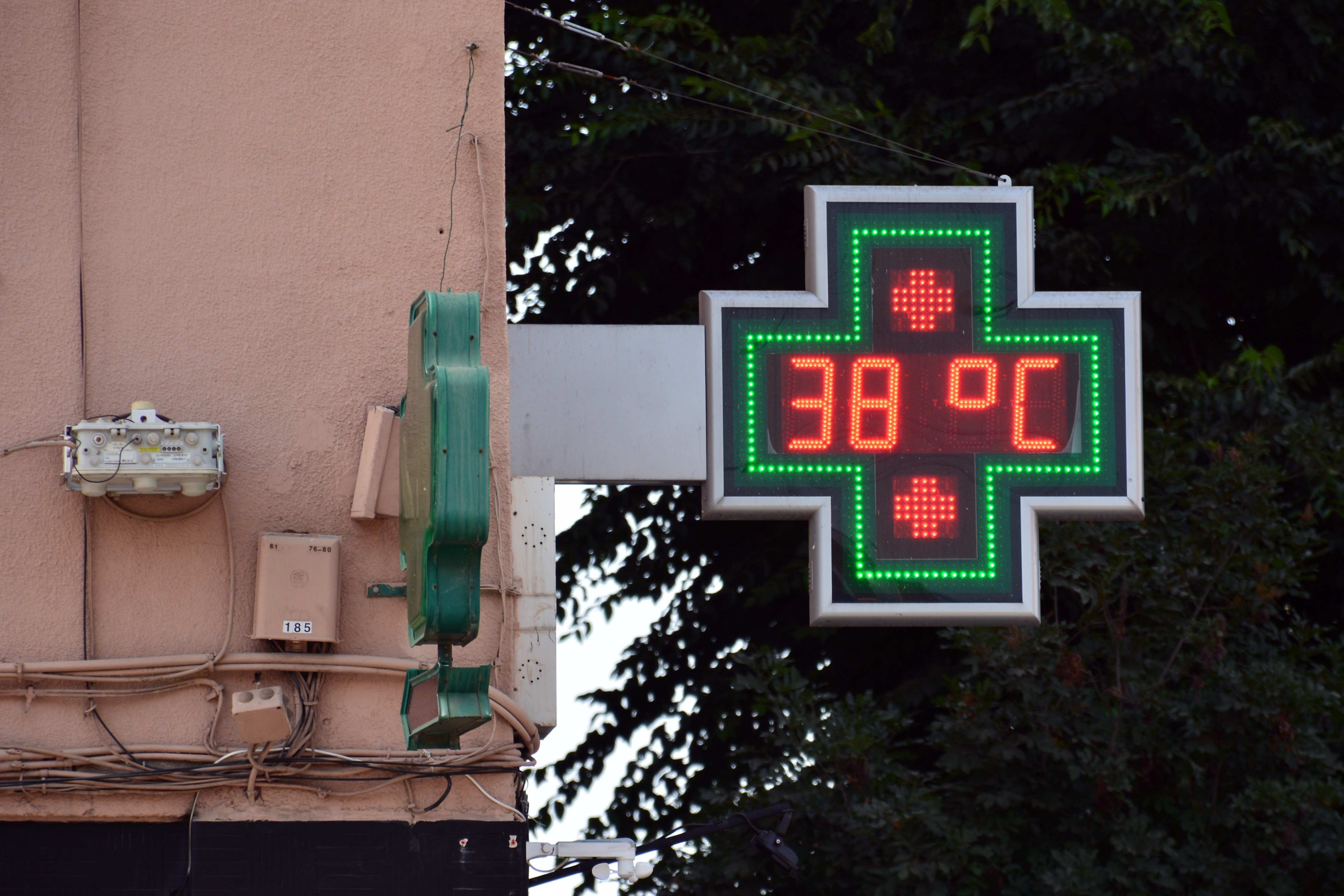Noise and air pollution associated with poorer mental health in young people and adolescents
A study in England has found a link between increased exposure to air pollution during early life and the risk of developing psychotic disorders and depression during youth. In addition, greater exposure to noise during childhood and adolescence was associated with an increased risk of anxiety. The results of the study, which collected data from more than 9,000 people, are published in the journal JAMA Network Open.


